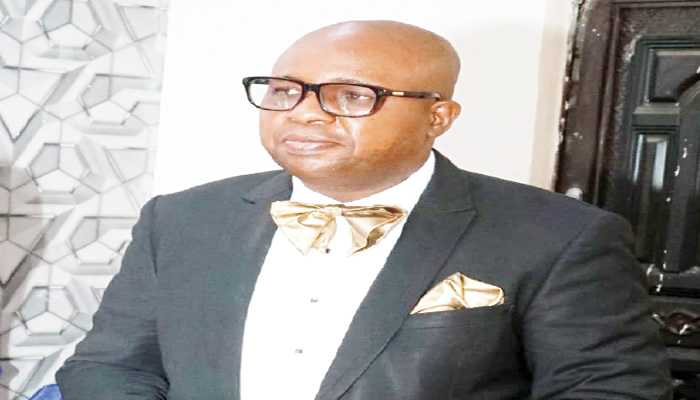The Labour Party (LP) has found itself embroiled in a leadership tussle, with two factions vying for control. On one side stands the Julius Abure-led leadership, recognized by the party’s constitution and affirmed by the March 2024 national convention. On the other, a self-proclaimed caretaker committee led by Nenadi Usman has emerged, claiming legitimacy based on their interpretation of a recent Supreme Court judgment. The Usman-led faction held a parallel National Executive Committee (NEC) meeting attended by prominent figures like presidential candidate Peter Obi and Governor Alex Otti, further exacerbating the internal conflict.
The Supreme Court judgment, which served as the catalyst for the current dispute, centered on internal party matters. The Abure-led faction maintains that the court’s decision, far from endorsing Usman’s takeover, actually reinforced the principle of party supremacy and upheld the existing leadership structure. They argue that the judgment explicitly addresses the party’s internal affairs and underscores the importance of respecting established party processes. Therefore, any actions taken by the Usman-led faction, such as the parallel NEC meeting, are deemed unconstitutional and invalid.
The Abure-led faction has vehemently dismissed Usman’s claims, accusing her and her supporters of misinterpreting the Supreme Court’s ruling. They insist that the judgment makes no mention of Abure stepping down or the Usman-led committee assuming control. They have publicly released a Certified True Copy (CTC) of the judgment, challenging Usman and her followers to scrutinize the document and acknowledge their erroneous interpretation. They emphasize that the court’s decision unequivocally supports the Abure-led leadership and makes no provisions for any alternative leadership structure.
The Usman-led faction, however, maintains its position, claiming that the Supreme Court judgment implicitly supports their takeover. They allege that the Abure-led executive’s tenure has expired, thereby creating a leadership vacuum they are legitimately filling. This interpretation, they claim, justifies their actions and the formation of the caretaker committee. They argue that their goal is to stabilize the party and ensure its smooth operation in the face of leadership uncertainty.
This clash of interpretations has led to a deepening rift within the Labour Party, with both factions engaging in public accusations and counter-accusations. The Abure-led group has warned Usman and her supporters against further factionalizing the party, emphasizing that their actions undermine the party’s unity and constitutional processes. They have also hinted at potential disciplinary measures against those involved in the parallel NEC meeting, further escalating the tension within the party.
The leadership crisis poses a significant challenge for the Labour Party, threatening its stability and effectiveness. The ongoing dispute could undermine the party’s ability to function cohesively and present a united front in future elections. Resolving this conflict swiftly and decisively is crucial for the party’s long-term prospects and its ability to effectively represent its constituents’ interests. The focus should be on upholding the party’s constitution and respecting the democratic processes that govern its internal affairs. Failure to do so could lead to further fragmentation and weaken the party’s overall strength.


